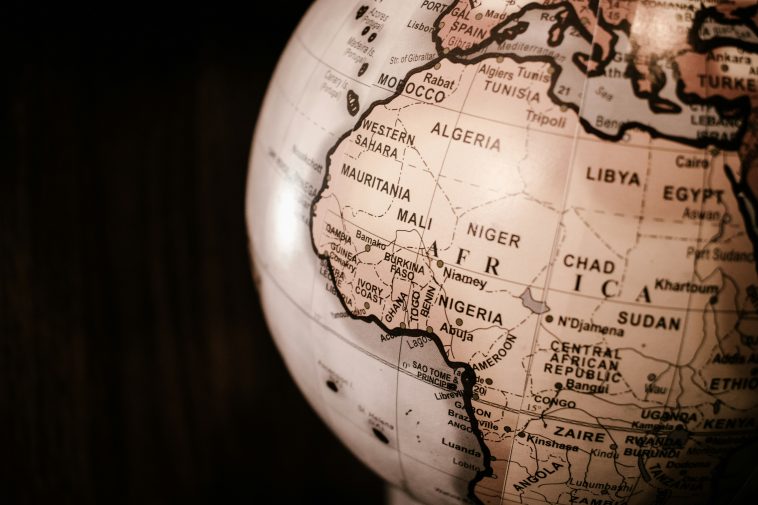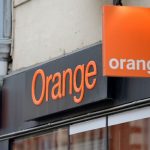In 2023, Africa and Nigeria experienced mixed results amid a slight global decline in foreign direct investment (FDI). Africa’s FDI inflows decreased by 3%, reaching $53 billion. Meanwhile, Nigeria and other African countries saw a diverse range of investment activities. This information comes from the World Investment Report 2024, prepared by a team at the United Nations Conference on Trade and Development (UNCTAD)
Despite the general decline, the number of greenfield projects in Africa increased by 7%, with over 800 projects announced. These initiatives have the potential to create an additional 200,000 jobs across the continent.
In 2023, Nigeria saw an increase in foreign direct investment (FDI) to $1.87 billion from $895 million in 2022, although lower than the $3.3 billion recorded previously. Recent figures from the National Bureau of Statistics indicated a total revenue of $3.9 billion in 2023, with only $377 million attributed to the country.
Nigeria’s governmental efforts to attract greenfield investments, particularly in renewable energy, showed promising results. The introduction of new fiscal and non-fiscal incentives aimed at promoting investments in renewable energy mirrors similar initiatives in Italy and South Africa.
Nigeria’s investment landscape saw notable developments with substantial green hydrogen initiatives, including a $34 billion project in Mauritania and significant green ammonia and hydrogen ventures worth $10.8 billion in Egypt. These projects highlight Africa’s increasing role in global renewable energy megaprojects.
In South Africa, three energy producers unveiled green hydrogen projects totaling $7.1 billion, while Morocco also attracted substantial investments in this sector. However, the total value of new greenfield projects announced in Africa decreased from $196 billion in 2022 to $175 billion. Notable increases in project values were observed in chemicals, rising to $13 billion, and electronics, reaching $7.6 billion. Conversely, project values in electricity and gas supply dropped by $33 billion compared to the previous year, contributing significantly to the overall decline in greenfield values.
The African Continental Free Trade Agreement (AfCFTA) Investment Protocol, adopted in 2023, is expected to boost intraregional foreign direct investment (FDI). In services and selected manufacturing sectors, African investors lead 20% of projects, contrasting with resource-based industries where regional contributions are lower at 13%. This underscores a significant regional investor base in certain sectors and highlights opportunities to expand intraregional investments in processing industries for enhanced value addition.
Despite a decline in overall FDI inflows, Africa remains a key destination for international project finance, although the value of such deals dropped by 50% in 2023 to $64 billion. The renewable energy and power generation sectors saw substantial decreases in both project numbers and values, although some segments, such as green hydrogen production, showed ongoing momentum. Notably, investors committed $4 billion to a green hydrogen project in Egypt and planned a $2 billion project in Morocco.
Furthermore, Africa secured $10.8 billion in project finance for wind and solar energy projects, with major initiatives located primarily in Egypt, South Africa, and Zimbabwe.
In 2023, global foreign direct investment saw a slight 2% decline to $1.3 trillion, largely influenced by volatile financial flows through key European intermediary economies. Excluding these conduits, FDI flows worldwide dropped by more than 10% compared to 2022. The global investment landscape for 2024 remains challenging, marked by subdued growth prospects, economic fragmentation, trade tensions, geopolitical uncertainties, evolving industrial policies, and diversification of supply chains, all shaping patterns in foreign direct investment.
Multinational enterprises are approaching overseas expansion cautiously in light of these factors. Despite these challenges, MNEs continue to report high profit levels, supported by easing financing conditions, and an uptick in announcements of greenfield projects in 2023 could potentially bolster FDI levels. A modest growth outlook for the full year remains feasible.
In 2023, international project finance and cross-border mergers and acquisitions (M&As) faced significant challenges. M&A activity, particularly impactful for foreign direct investment (FDI) in developed nations, plummeted by 46%. Similarly, project finance, crucial for infrastructure investments, saw a decline of 26%.
Developed countries were notably affected by financial transactions of multinational enterprises (MNEs), partly due to efforts to enforce a minimum tax on the largest MNEs. FDI inflows into Europe rebounded from negative $106 billion in 2022 to a positive $16 billion, driven by volatility in conduit economies. However, other parts of Europe experienced a 14% decrease in FDI inflows. Inflows in other developed regions also stagnated, with North America witnessing a 5% decline and significant drops seen elsewhere.
FDI flows into developing countries decreased by 7% to $867 billion, primarily due to an 8% decline in developing Asia. In Latin America and the Caribbean, FDI remained stable. Despite these overall declines, the number of greenfield projects in developing countries increased by 15%, with their total value rising by 20%. This increase partially offset the declines in international project finance deals, which saw a 26% decrease in number and a 31% decrease in value.
 We just launched our WhatsApp channel. Want to get the latest news from the Tech in Africa?
We just launched our WhatsApp channel. Want to get the latest news from the Tech in Africa?



